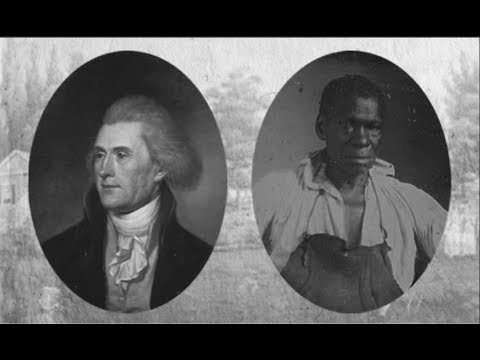History is often seen as a record of events, a narrative that shapes our understanding of the world. It tells the story of civilizations, empires, and influential figures who have left their mark on humanity. However, history is far from being an objective and unbiased account. It has been manipulated and tailored over time, with certain narratives suppressed or omitted to serve particular agendas.
One such undeniable truth is that black history has been intentionally misrepresented and distorted throughout the ages. The contributions of black individuals to human progress have been consistently downplayed or hidden from mainstream historical accounts. This distortion started during the shameful era of slavery and has continued even after its abolition.
A prime example of this manipulation can be seen in most American textbooks that depict enslaved Africans as mere passive victims or workers without agency. Their courage, intelligence, and resilience are omitted from these narratives. Harriet Tubman’s heroic efforts to liberate hundreds of slaves through the Underground Railroad are barely mentioned while Frederick Douglass’ powerful writings on freedom and equality are often brushed aside.
Similarly, when studying ancient Egypt, it is impossible to ignore the remarkable advancements made by this civilization. Yet mainstream accounts rarely acknowledge that ancient Egyptians were predominantly descendants of indigenous Africans. The stunning achievements in science, architecture, medicine, and astronomy were dismissed as solely the work of outsiders rather than a testament to Africa’s rich intellectual tradition.
Even figures like Mansa Musa, the 14th-century emperor of Mali who became known as one of history’s wealthiest individuals due to his vast gold reserves, are often overlooked or mischaracterized in Western teaching materials. Musa’s opulent pilgrimage to Mecca not only put Mali on the map but also stimulated trade routes with other African kingdoms and helped disseminate Islamic knowledge across West Africa.
The omission or marginalization of black contributions extends beyond specific individuals onto entire civilizations and movements. For instance, the Haitian Revolution, the only successful slave revolt in history, remains largely absent from the collective memory of many nations. This revolution shattered conventional notions of black inferiority and established the first black republic in the Western Hemisphere, proving that black people were not merely passive recipients of freedom but active agents fighting for their own emancipation.
These stories are not just about celebrating achievements; they provide crucial context and inspiration for current generations. When black history is misrepresented or ignored, it perpetuates harmful stereotypes and propagates a false narrative that undermines the struggles, accomplishments, and potential of black people today.
It is our moral duty to rectify this injustice by actively seeking out suppressed voices and narratives. Educators must be at the forefront by incorporating accurate and diverse perspectives into curriculums. This includes celebrating not only national figures like Martin Luther King Jr. or Rosa Parks but also lesser-known activists like Fannie Lou Hamer or Bayard Rustin who were instrumental in the fight for racial equality.
Additionally, we need a collective effort to support institutions that unearth hidden historical artifacts and research initiatives that amplify marginalized voices. Museums should display more inclusive exhibits that highlight overlooked contributions from black individuals across various fields.
As we challenge the status quo, it is important to remember that this isn’t about rewriting history but rather painting a more accurate picture—one that recognizes the immense impact of black people on global civilization. By doing so, we can foster understanding, empathy, and appreciation for one another’s struggles and stories.
Black history is not separate from world history; it is an integral part of it. We owe it to ourselves and future generations to confront this historical betrayal head-on and work towards a more inclusive narrative—one that reflects the reality of our shared past while paving the way for a brighter future based on truth and respect.





